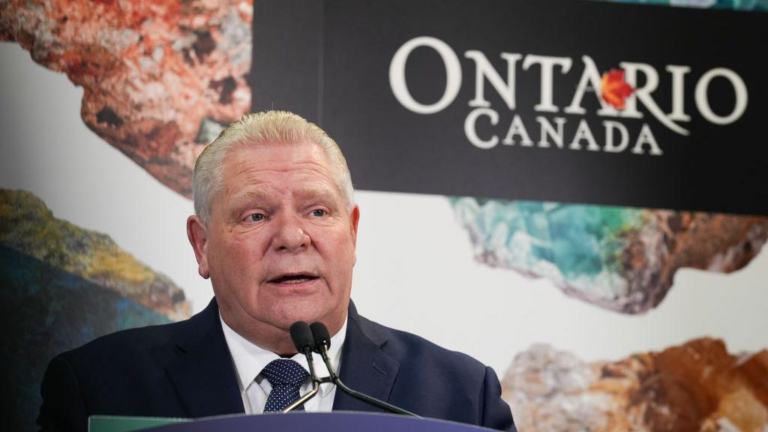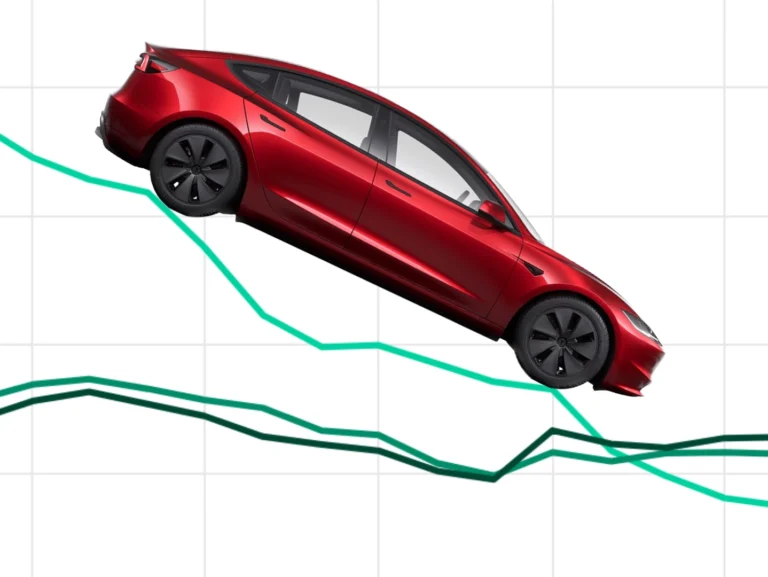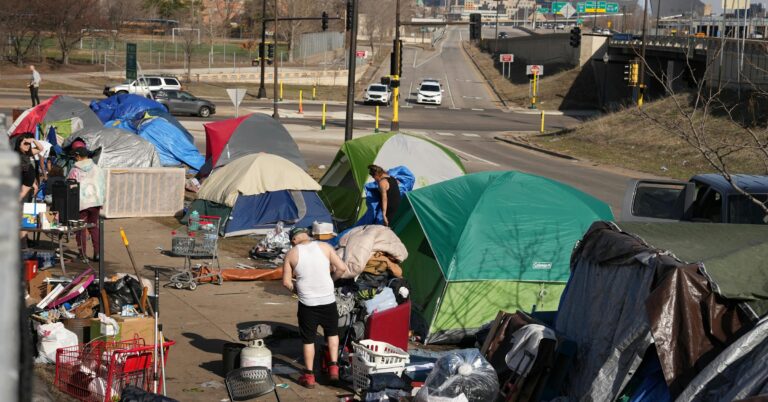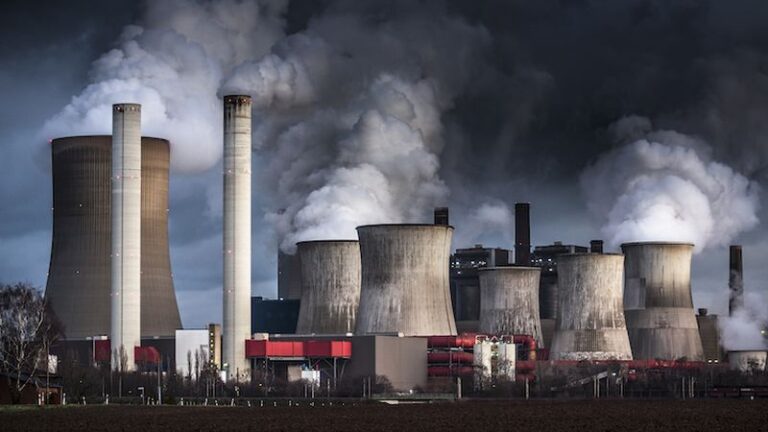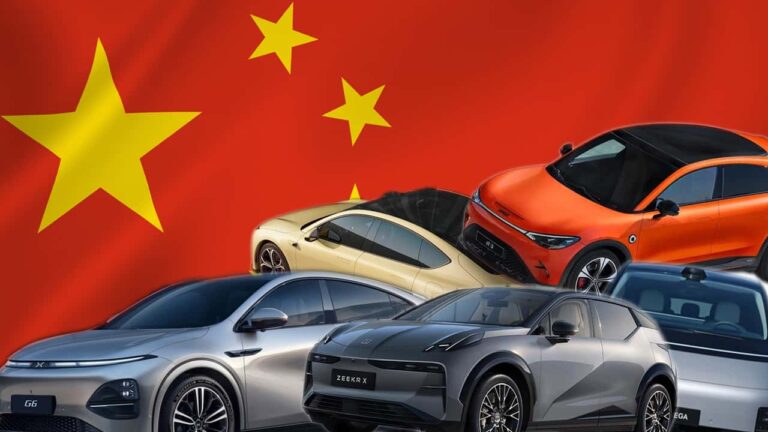Doug Ford Walks Back Threat to Cut U.S. Electricity Supply
Douglas McIntyre, Editor-in-Chief at Climate Crisis 24/7, reports on Doug Ford’s apology after threatening to cut electricity exports to the U.S.. The move suggests a shift in Canada’s trade approach, likely due to economic concerns and potential U.S. retaliation.

